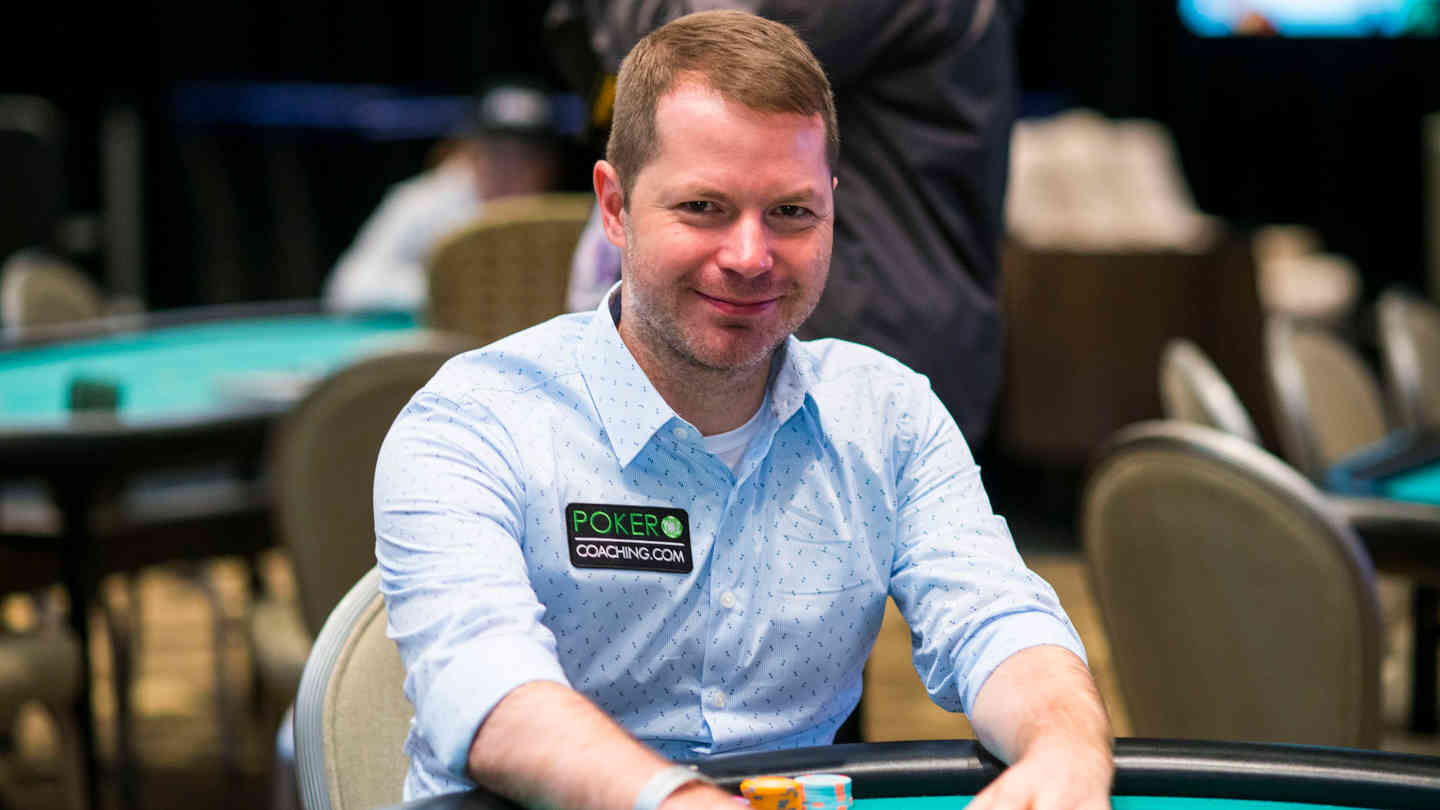Poker Hall of Fame – Origins, History, and Induction Rules
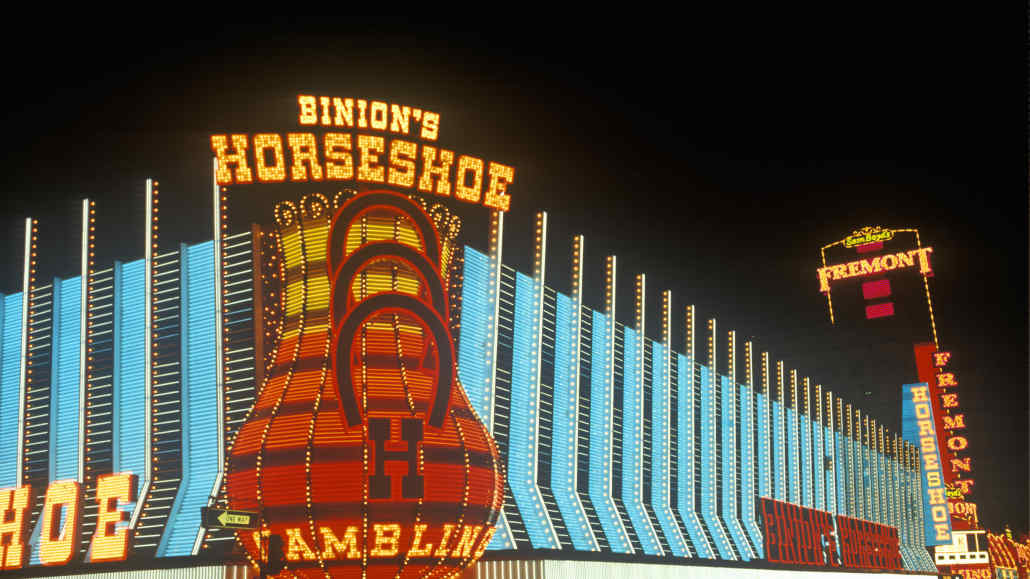
10 minutes
Last Updated: April 5, 2022
There are many titles and achievements one can win in the world of poker, ranging from small trophies awarded at various tournament stops around the world all the way up to golden bracelets awarded to WSOP champions.
However, all these achievements fade in comparison to the poker world’s greatest honor, induction into the Poker Hall of Fame.
Poker Hall of Fame was initially created by Jack Binion, the legendary owner of the Horseshoe Casino, which also hosted the world’s first World Series of Poker.
His father, Benny, was a master at promoting his casino and other businesses and acknowledged that poker players were seen as somewhat of an elite group among gamblers of Las Vegas.
Understanding the allure of poker, Binions started hosting games with famous players, such as the one between Johnny Moss and Nick the Greek, in 1949.
From there, they built all the way up to WSOP and eventually realized that the Poker Hall of Fame needed to become a reality.
In 1979, Jack Binion started the Poker Hall of fame to preserve the legacy of the greatest poker players over the decades.
While he may not have known just how big poker would eventually become, he gave birth to something that modern players are still in awe of to this day.
Binion’s Dream Becomes a Reality
Jack Binion understood the world of poker very well, and back in the 1970s, that world was a lot smaller and a lot shadier than it is today.
Knowing basically every great poker player out there, Jack decided to bring them all together in 1970 and start the first-ever championship of poker.
He dubbed it the World Series of Poker and only invited the players he considered to be the elite.

Initially, poker players voted on who they believed to be the best, and Johnny Moss was elected as the world’s first WSOP champion.
After that first year, players decided that they would decide the WSOP champions by actually playing poker, and the Main Event was created.
In addition to the Main Event, other poker tournaments became part of the WSOP.
Poker tournaments were small and closed off at the time. Jack Binion dreamed of making them bigger, which is one of the reasons he invented the Poker Hall of Fame.
The Hall was supposed to be a marketing technique, appealing to anyone who plays poker to try and square off against the elites and see if they have what it takes.
It took decades for poker to blow up to the levels of which Binion dreamed, but it eventually did, and his Poker Hall of Fame remains a fixture in the poker world to this day.
Original Poker Hall of Fame Lineup
In 1979, Jack Binion announced that he was forming the Poker Hall of Fame. To start that up, he needed to put some names and faces in there, so he decided to make it a group of players he was intimately familiar with.
The first name in the Poker Hall of Fame was Johnny Moss, the inaugural WSOP champion and the man who had already won seven WSOP titles in the nine years the WSOP was around.
The Grand Old Man of Poker, as he is often referred to, was a master of all types of poker, including Hold’em, Draw, and Stud.
Without a doubt, he was the best poker player around at the time, which made him an easy pick for the Hall of Fame.
The second player on the list was Nick “The Greek” Dandolos, the player who had faced off against Moss in the 1949 heads-up challenge and lost $2 million to him at a time when that kind of money was significantly more valuable than today.
While The Greek would certainly not be considered a great poker player by today’s standards, he was a big whale and gambler at the time. This made him a crucial part of the high-stakes poker scene.
Another poker player inducted into the Hall of Fame in 1979 was Red Winn, a player who we know little about. However, he was apparently considered one of the best poker players around at the time.
Other than those three, the names in the original Poker Hall of Fame were anecdotal and not really poker players active at the time.
Felton “Corky” McCorquadle made it into the Hall of Fame for introducing Texas Hold’em to Las Vegas, while Edmond Hoyle was considered to be the first to write a book on how to play cards, coining the phrase “according to Hoyle.”

Another casino owner, Sid Wyman, was also inducted into the Hall of Fame, and many believe Binion simply did this to show his respect for the man who owned The Dunes, Sands, and Riviera.
Important to note is that all these casinos at the time were closely connected to organized crime.
Finally, James Butler Hickok, also known as “Wild Bill Hickok,” was also inducted into the original Poker Hall of Fame, probably because Binion thought this would attract the attention of the visitors.
Bill Hickok was famous for being one of the biggest gamblers of his era and is fabled to have died at the poker table holding two pair of aces and eights, later called “the dead man's hand.”
Whether Hickok was actually such a big poker player or not, his name lives in the Poker Hall of Fame to this day, and the legend of his death remains a part of poker folklore.
Poker Hall of Fame Expands – Famous Hall of Famers
Following the foundation of the Poker Hall of Fame, players and poker personalities were added to it every year, with the criteria and the way in which members were chosen changing over the years.
The modifications to the model of being inducted into the Hall of Fame were gradual, but the current model was designed by WSOP commissioner Jeff Pollack in 2009.
These rules allowed for public nominations of potential members but also instructed that the following criteria must be met by anyone looking to join:
- Must play against acknowledged top poker competitors
- Must play for high stakes
- Must play consistently well and earn the respect of his peers
- Must stand the test of time
For people looking to join the Hall of Fame as non-players, the criteria are that they contribute to the overall growth of the game with undeniable and lasting results.
Another criterion was added for both players and non-players in 2011, following young player Tom Dwan making it very close to being inducted due to public opinion.

After that year, the rule was changed to only allow people over the age of 40 to be in contention for the Poker Hall of Fame.
Since 1979, many of the most well-known poker pros and personalities have been inducted into the Hall of fame, and here are some that you should definitely know about.
Greatest Names in the Poker Hall of Fame
The Poker Hall of Fame is a home for some of the greatest players of all times as well as people who helped make the game what it is today. These are just some of the names of the inductees who earned the prestigious honor over the years.
Doyle Brunson
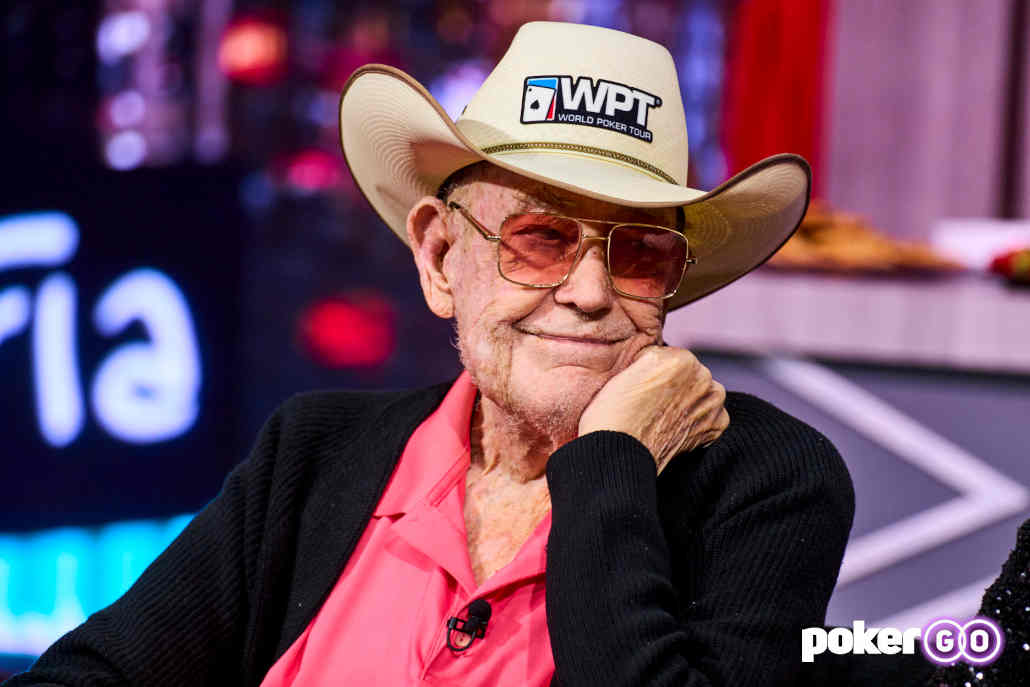
Player images courtesy of PokerGO
Inducted into the Poker Hall of Fame in 1988, Texas Dolly is a true legend of the game. With ten WSOP bracelets won in three different decades and acknowledged prowess in all forms of poker, Doyle Brunson is considered by most to be one of the most influential poker players of all time.
Doyle wrote the Super System, widely considered to be the Bible for poker players for decades before the poker boom.
Benny Binion
The father to Jack Binion and the original founder of the Horseshoe Casino, Benny Binion was one of the people who put poker on the map and made it into the game it is today.
Despite his ties to organized crime, poker players across the world owe a debt to Benny Binion. He was inducted into the Hall of Fame in 1990.
David “Chip” Reese
To this day, Chip Reese is often considered one of the best poker players who ever played the game. He won only three WSOP bracelets but was regarded as the best cash game player of his era and one of the best all-around players in the game.
Thomas “Amarillo Slim” Preston
Preston made it into the Poker Hall of Fame in 1992 as one of the most famous poker players of his age.
Slim won four WSOP bracelets but also did a lot to popularize the game of poker by being one of the first to talk about it on radio and TV back in the 70s and 80s.
Stu “The Kid” Ungar
The only player along Johnny Moss to win the Main Event three times, Stu Ungar was a loose cannon and one of the most aggressive poker players of the 80s and 90s.
The Kid played a revolutionary style of poker that won him five WSOP bracelets and a lot of renown in the poker world. He was inducted into the Hall of Fame in 2001.
Johnny Chan
In 2002, Johnny Chan was awarded the honor of becoming a member of the Poker Hall of Fame. The Orient Express, as he is called by his poker peers, is one of the few poker players to have won 10 WSOP bracelets and one of the great poker champions of the 80s and 90s.
Jack Binion
Like his father before him, Jack Binion was inducted into the Hall of Fame for all the work he did to help the poker industry grow.
He and his father were responsible for the founding of the WSOP and the Hall of Fame, so they certainly earned their places in it.
T. J. Cloutier
Another great tournament player of his time that many have forgotten today, T. J. Cloutier was a great champion of poker who earned his place in the Hall of Fame in 2006 for his lifetime achievements.
Barbara Enright
The first woman to be inducted into the Poker Hall of Fame, Barbara Enright won her induction in 2007.
The three-time WSOP bracelet winner stated that she felt it was a reward for her life’s work and her biggest achievement in poker.
Phil “The Poker Brat” Hellmuth
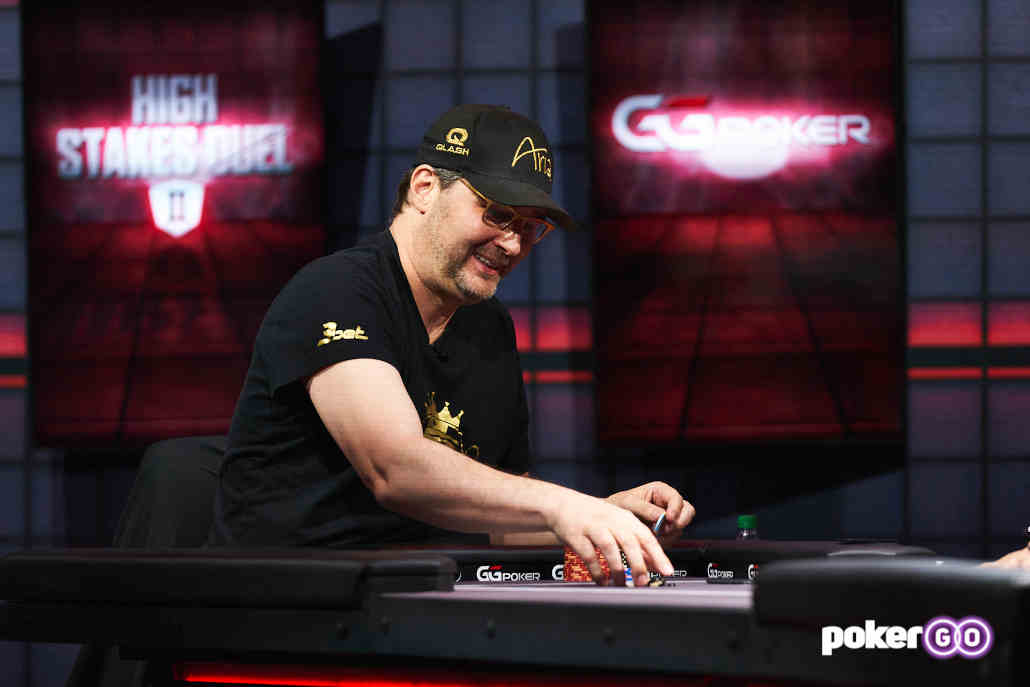
One of the most famous poker players of all time, The Poker Brat made his way into the Hall of Fame in 2007. The 16-time WSOP champion is a holder of countless records in the game and one of the most popular personalities in the game.
His contributions to the popularization of poker worldwide have more than earned him a place among the elite.
Mike Sexton
A great poker player in his own right, Sexton actually made it into the Poker Hall of Fame for his work in the poker media.
The voice of the World Poker Tour for many years, Mike Sexton was inducted into the HOF in 2009 and remained one of the most beloved poker personalities to have ever lived.
Erik “Sly” Seidel
The 2010 induction went to Erik Seidel, one of the most renowned and dangerous tournament poker players of the 90s and 00s. Seidel is still active on the tournament circuit and competing with the very best after decades in the game.
Scotty “The Prince of Poker” Nguyen
Love him or hate him, the Vietnamese poker champion has left a mark on the poker world that few other players have.
Scotty Nguyen was inducted in 2013 for both his amazing poker results and his incredible personality, that's made him one of the most popular players in the game.
Daniel “Kid Poker” Negreanu
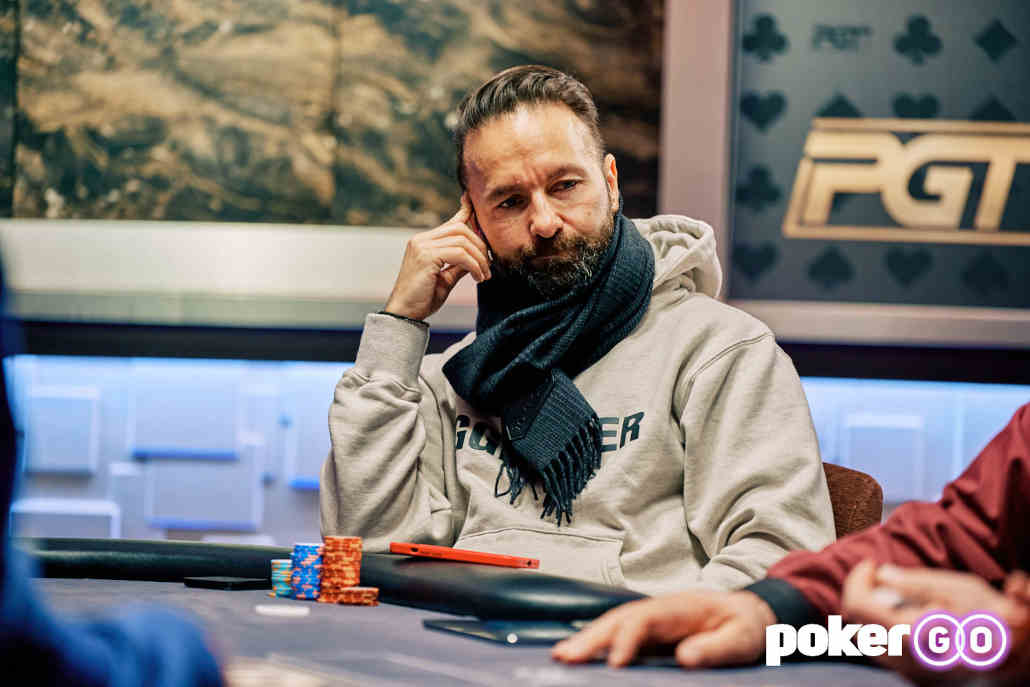
To this day, Kid Poker is one of the biggest ambassadors for the game of poker. Having won six WSOP bracelets and countless other accolades, Daniel Negreanu has been one of the biggest voices for poker for over a decade and one of its biggest champions.
Jennifer Harman
One of the few women in the Poker Hall of Fame, Jennifer Harman has earned her place by being an active member of the high-stakes poker community for decades and crushing in a typically men’s game in ways that most men can only dream of. Jen was inducted into the HOF in 2015.
Phil Ivey
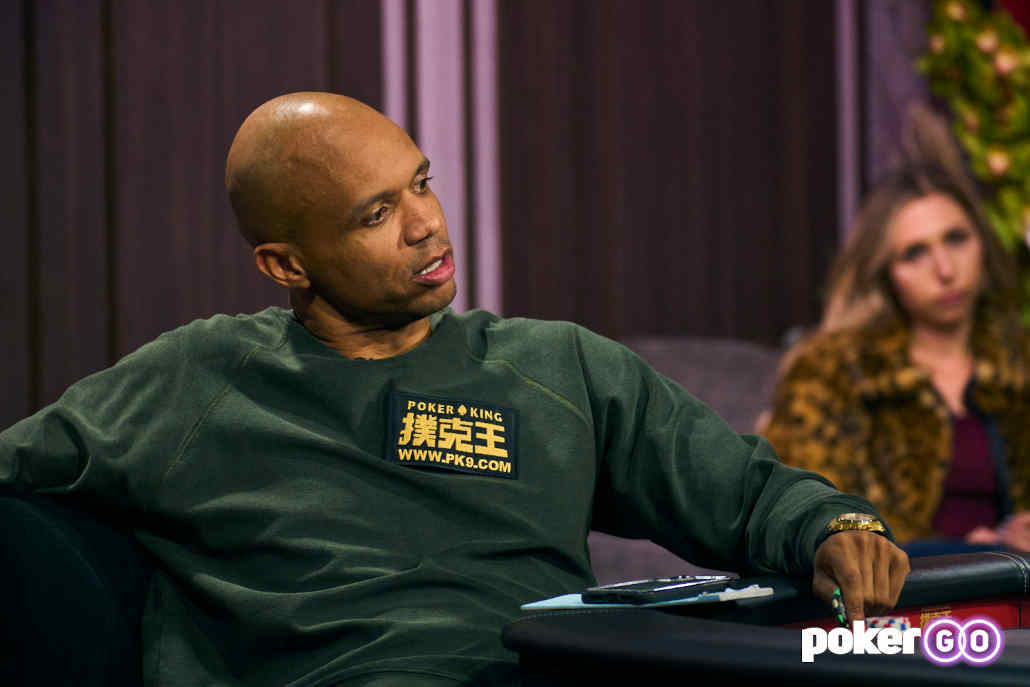
Few poker fans don’t know about Phil Ivey and his accomplishments, which are too many to list here.
The 10-time WSOP champion was inducted into the Hall of Fame in 2017, being forced to wait because of the age rule.
Yet, Ivey is considered to be one of the very best poker players today and possibly the best poker player ever to have played the game.
Chris Moneymaker
The 2019 Poker Hall of Fame inductee, Chris Moneymaker did not have many accomplishments in his poker career, but his biggest one changed the poker world forever.
Widely attributed with triggering the poker boom, Moneymaker is a name that every poker fan out there knows all too well.












